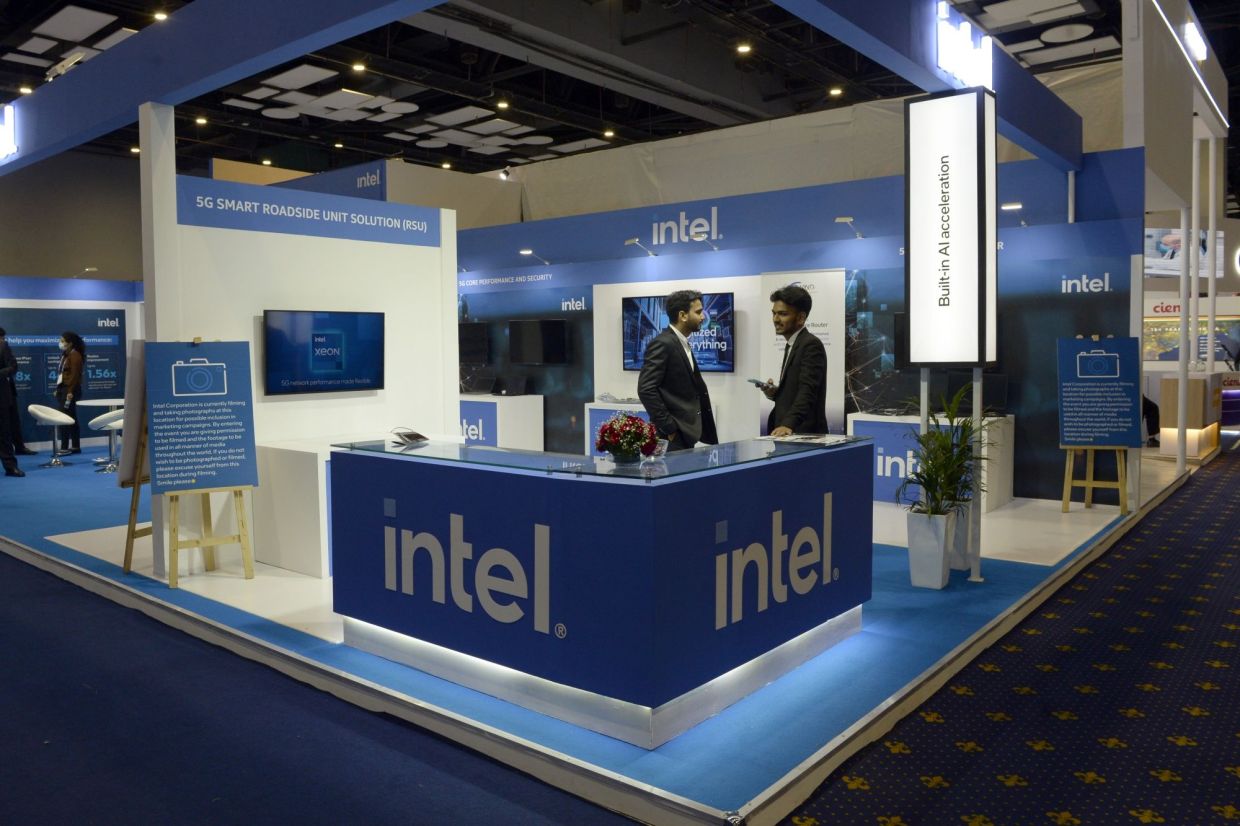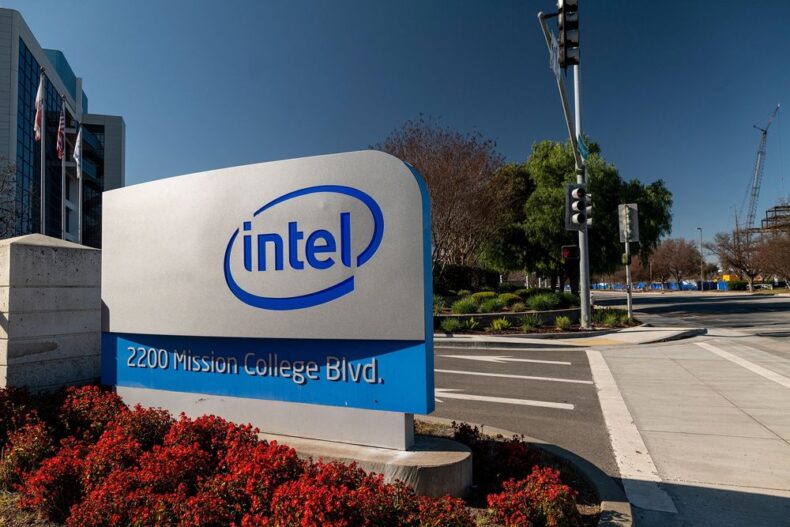Chipmaker Intel Corporation is apparently intending to lay off thousands of staff since personal computer sales have dropped dramatically. The Santa Clara, California-based technology firm may announce the job losses around the time of its upcoming earnings report.

Intel Corporation is planning to lay off thousands of workers in reaction to a slump in the personal computer market. One of the officials from the company reported that the layoffs will be disclosed as early as this month, with the corporation expecting to make the announcement around the same time during its third-quarter earnings on October 27. Some of Intel’s divisions, notably the sales and marketing business, might experience some personnel losses. Currently, Intel has around 113,700 employees as per the report from July 2022.
Analysts anticipate a 15% reduction in revenue in the third quarter. Its margins are around 15 percentage points smaller than historical figures of around 60%. Intel warned in July that revenues in 2022 would be around $11 billion lower than previously anticipated.
According to the article, several departments, including Intel’s sales and marketing group, may suffer workforce cutbacks of up to 20%. Intel has lost some of its PC chip markets to rivals such as Advanced Micro Devices and is attempting to reclaim it. However, it is currently seeing a significant drop in demand.
Intel (integrated and electronics) was created on July 18, 1968, by Gordon Moore (of Moore’s law) and Robert Noyce (1927-1990) and relates to Andrew Grove’s executive leadership and vision. The headquarters of the international technology company Intel Business is in Santa Clara, California.
It is the world’s largest semiconductor chip producer by revenue and one of the creators of the x86 series of instruction sets, which are present in most personal computers (PCs). For nearly a decade, from 2007 to 2016, Intel, with its headquarters in Delaware, was ranked No. 45 on the 2020 Fortune 500 list of the biggest US companies by total revenue.
Intel Corporation provides microprocessors to computer system makers such as Acer, Lenovo, HP, and Dell. Intel also makes motherboard chipsets, network interface controllers and integrated circuits, flash memory, graphics chips, embedded CPUs, and other communications and computing equipment.
Intel was a crucial player in Silicon Valley’s growth as a high-tech center. Noyce was a significant inventor of the integrated circuit (the microchip). Intel was an early pioneer of SRAM and DRAM memory chips, which accounted for most of its operations until 1981. Although Intel developed the world’s first commercial microprocessor chip in 1971, it was not until the development of the personal computer (PC) that this became its major business.
According to Intel Chief Executive Officer Pat Gelsinger, the business is also decreasing core spending in the fiscal year 2022 and will aim to take additional actions in the second half of the year.
Earlier in 2016, Intel had cut 12,000 positions or 11% of the overall workforce.
In the current economic slump, several tech giants, such as Google, Meta, Oracle, Twitter, Nvidia, Snap, Uber, Spotify, Intel, and Salesforce, have also started laying off or slowing down the hiring process.
Last month the CEO of Google, Sundar Pichai hinted about job cutbacks if the company does not become 20% more efficient. This comes only weeks after Google bosses reportedly threatened staff that “there will be blood on the streets” if they didn’t work harder.
Gelsinger took over as CEO of Intel last year and has worked hard to rebuild the company’s status as a Silicon Valley legend. But it was an uphill battle even before the PC slump. Intel has lost its long-held technological advantage, and its own officials admit that the company’s culture of innovation has deteriorated in recent years.
A larger slump is now adding to those difficulties. Intel’s PC, data centre, and artificial intelligence divisions are dealing with a drop in tech investment, which is dragging on revenue and earnings.













